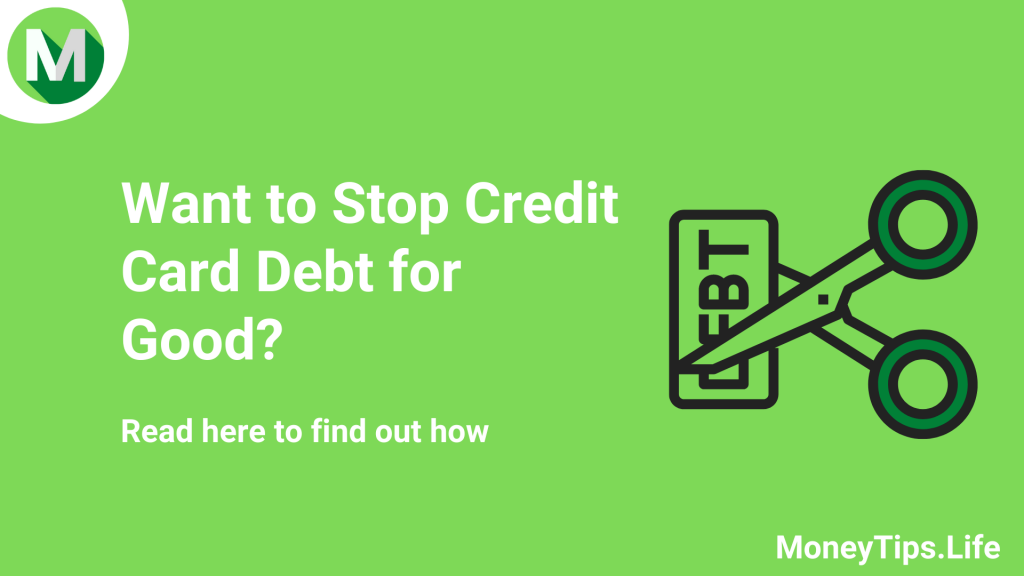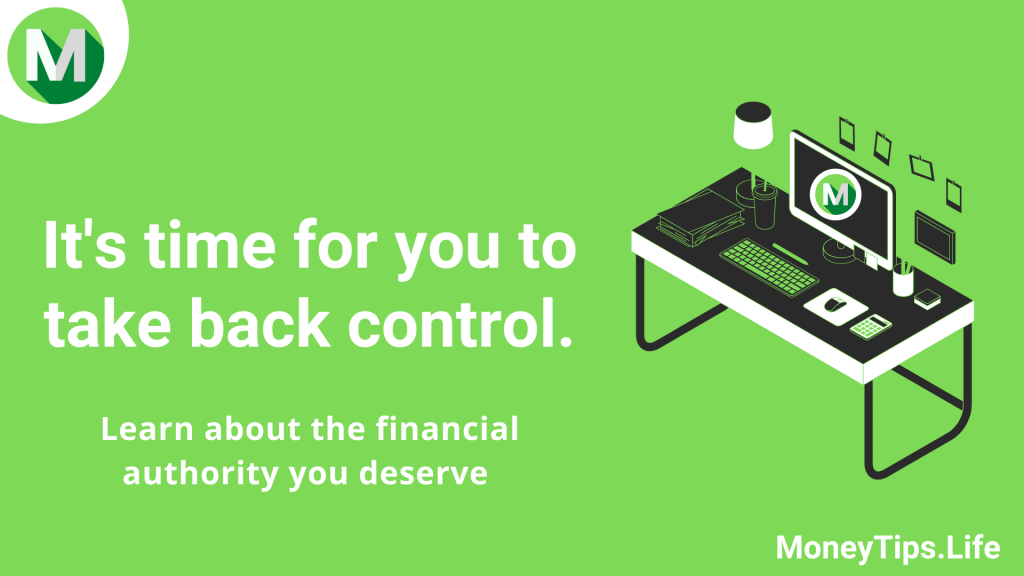Credit card debt is a huge problem in the United States. Many people are struggling to pay off their credit balances.
Let’s look at some tips on getting out of credit card debt.
Getting Out of Credit Card Debt
A good first step is to start by creating a budget.
This will show you where your money is going. You can also see how much you can allocate to your debt.
The next possible step is to consolidate your debt with a personal loan. This can help you lower your interest rate and payment.
You might also try negotiating with the credit card companies for a settlement. This will help lower your interest rates. You may also pay off the debt faster.
You could also look for a credit counselor. They may assist with negotiating a settlement. A counselor might also help you create a budget.
Last, but not least, make sure you pay your bills on time. This will help raise your credit score. Avoiding late fees will get you out of debt faster.
How to Stop Using a Credit Card
Are you tired of charging too much on your credit card? There are ways to manage credit card spending.
- Leave it at home when you go out. This will make it harder to spend money.
- Only use your credit card for emergencies.
- Set a budget and stick to it. This will help you track your spending and not overuse your card.
How to Stop Spending Money
It’s near impossible to stop spending money altogether. If you want to cut back on your spending, here are some tips.
- As already mentioned, create a budget. Seeing where you’re spending money is the first step in redirecting it.
- Prioritize what spending is necessary and what isn’t. This can include groceries as necessary, but possibly excessive entertainment not so much.
- Make a list of things you need. This can help you stay focused on what you are buying. It can also help reduce and stop impulse purchases.
How to Pay Off Credit Cards Quickly
If you want to pay off your credit cards quickly, there are a few things you can do.
- Develop a plan that is realistic and specific to you. This will help you get organized and stay focused.
- Pay more than the minimum payment each month.
- Don’t pay late or miss payments. Credit cards often charge fees for late payments.
You could also reconsolidate your loans. This combines your accounts into one, possibly with a lower interest rate.
If you are looking to get out of credit card debt, there are ways to do so. The key is having a plan.
Stay focused and be realistic with what you are trying to achieve.
Why You Should Pay More Than the Minimum Payment
It’s often beneficial to pay more than the minimum monthly payment.
Interest rates for credit cards can be high. Paying only minimum payments could keep you stuck in debt longer. You will also pay more in the long run.
Making more than just the minimum payment reduces the repayment time. This helps you pay off your credit card debt sooner.
Your credit score can also benefit from paying more each month. The credit utilization ratio is a big factor in credit scores. Making higher payments increases your available credit while reducing your utilization ratio.
Paying more than the minimum is a great way to help your debt situation.
How Fast Does a High Interest Rate Create Debt?
A high interest rate can create debt quickly. Interest payments are added to your total monthly balance. The higher the interest rate, the bigger your ending monthly balance.
Having a larger balance could increase your monthly minimum payment. This can quickly spiral if it’s more than you budgeted for. Late payments or other fees also increase your balance, compounding the issue.
Accounts with high interest rates should be repaid as soon as possible.
What to Do When a Credit Card Is Paid Off
When a credit card is paid off, it’s important to celebrate. You worked hard to pay off your debt and should be proud.
Once you pay off a debt, you should make a new budget. You may be able to pay more on other debts.
You should also continue to monitor your credit score. Being aware of credit alerts or changes will keep you on track.
Contributing to your savings is another option. This could be for a rainy day or for a future goal.
You should also keep your credit card account active. Doing so keeps your credit history active and improves your credit score.
When Should You Freeze a Credit Card?
If you don’t want to use a card, you can freeze it. This could be to reduce your spending and save money. It could also be because you have too much debt.
When you freeze your credit card, you are putting it on hold. This means you can’t use it for purchases until you unfreeze it.
Freezing your credit card can save and protect your money. It prevents you or someone else from using it.
If you misplaced your card, freezing it is an option. Freezing it right away prevents someone else from helping themselves to your credit. However, if you still cannot find it, you should contact your lender.
How to Close a Credit Card Account
Closing an account can be helpful when you’re getting out of debt. You won’t be able to make additional purchases that increase the balance.
However, careful consideration should be given when closing accounts. Closing your oldest account could negatively impact your credit history. This will, in turn, affect your overall credit score.
If you choose to close your account, start by contacting the lender. They will help you close it and guide you through the process.


